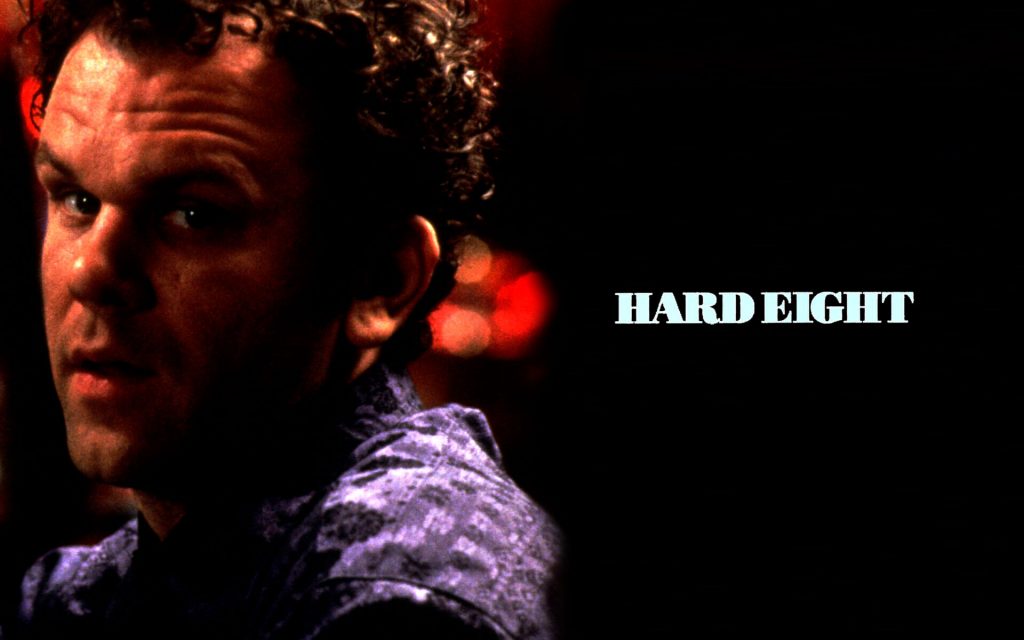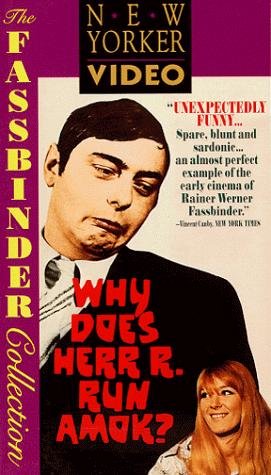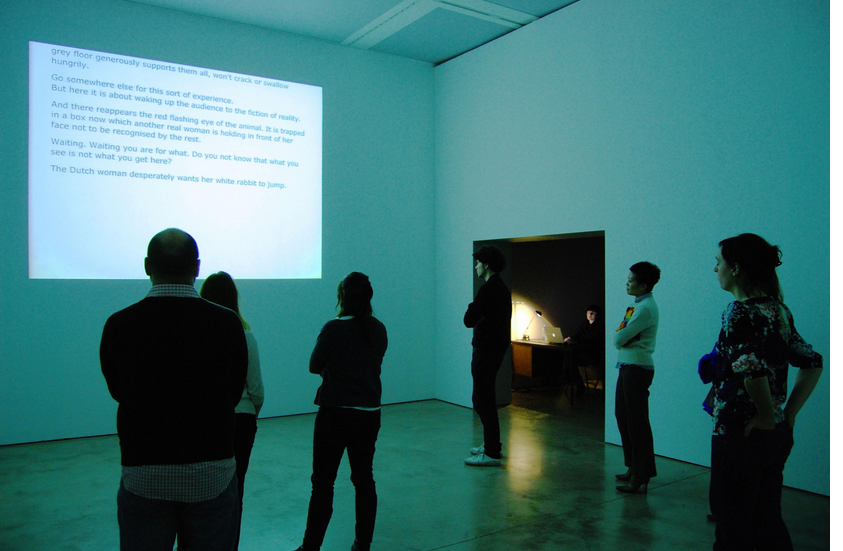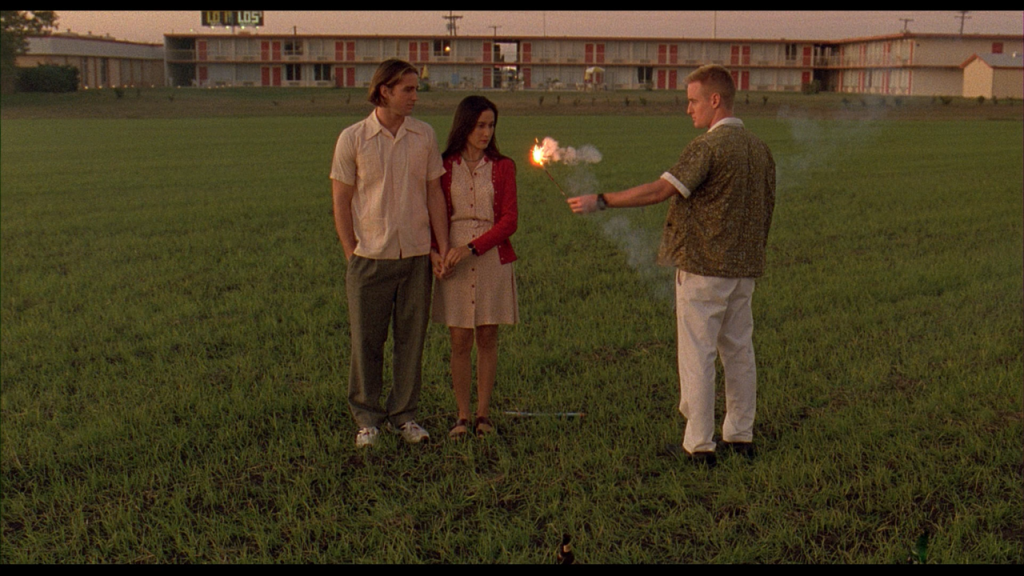First Films: P.T. Anderson’s “Hard Eight”
* Eric McDowell *
In fact it makes more sense I think to speak of P.T. Anderson’s worlds, in the plural—a variety not only of specific places and times but also of narrative, formal, and stylistic choices and strategies.
First Films: P.T. Anderson’s “Hard Eight” Read More »










